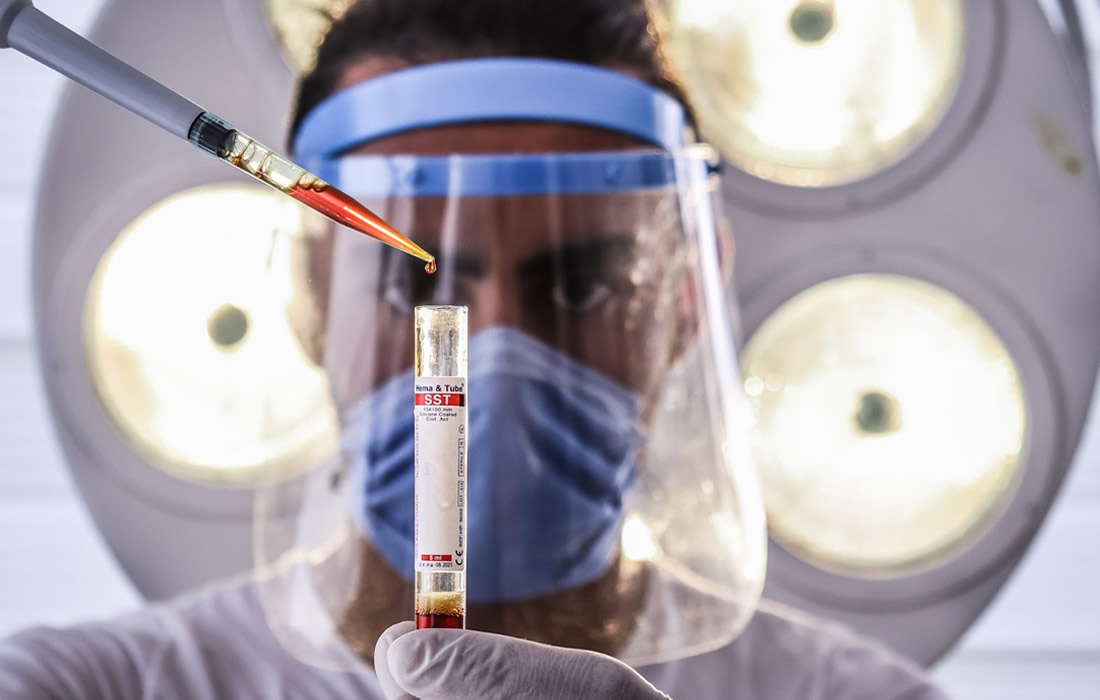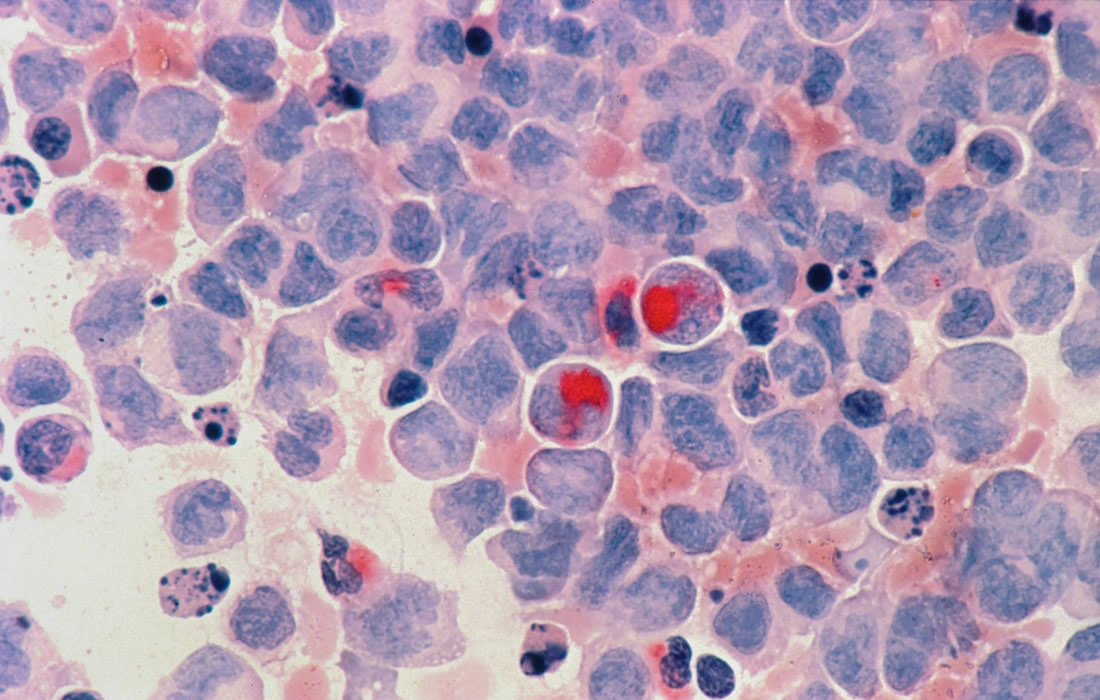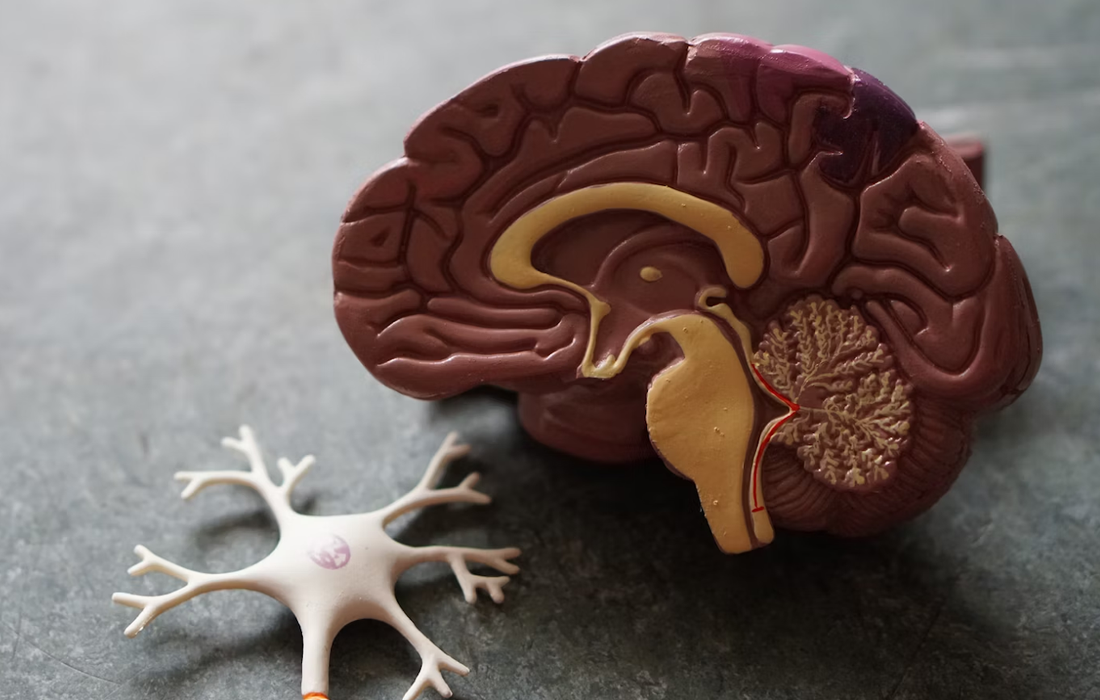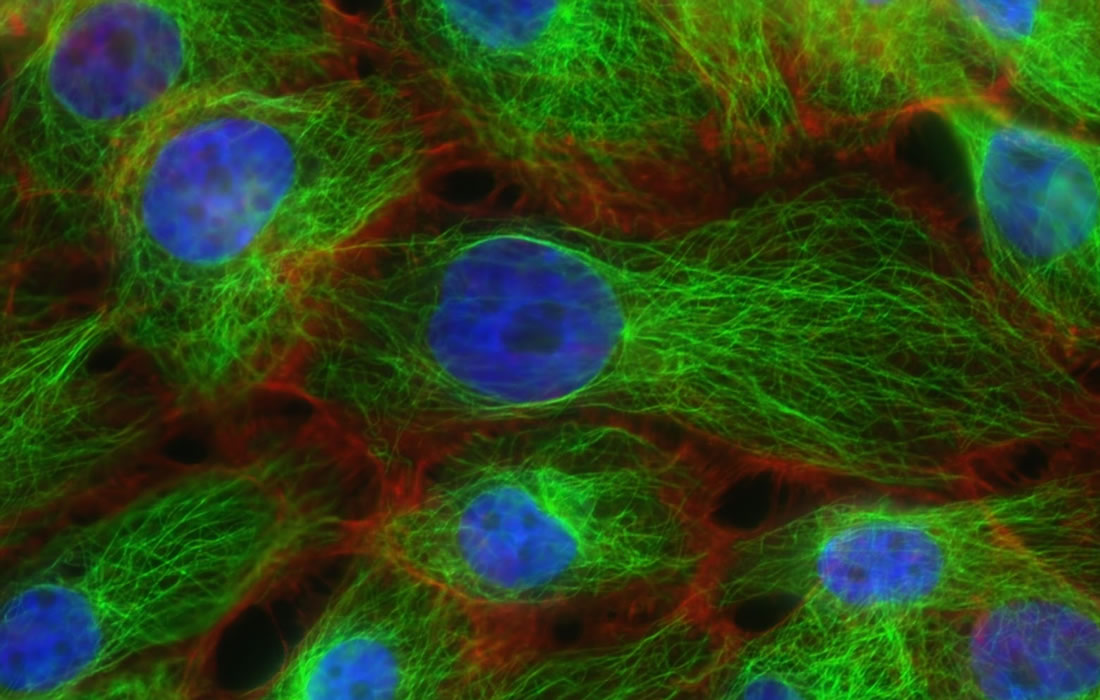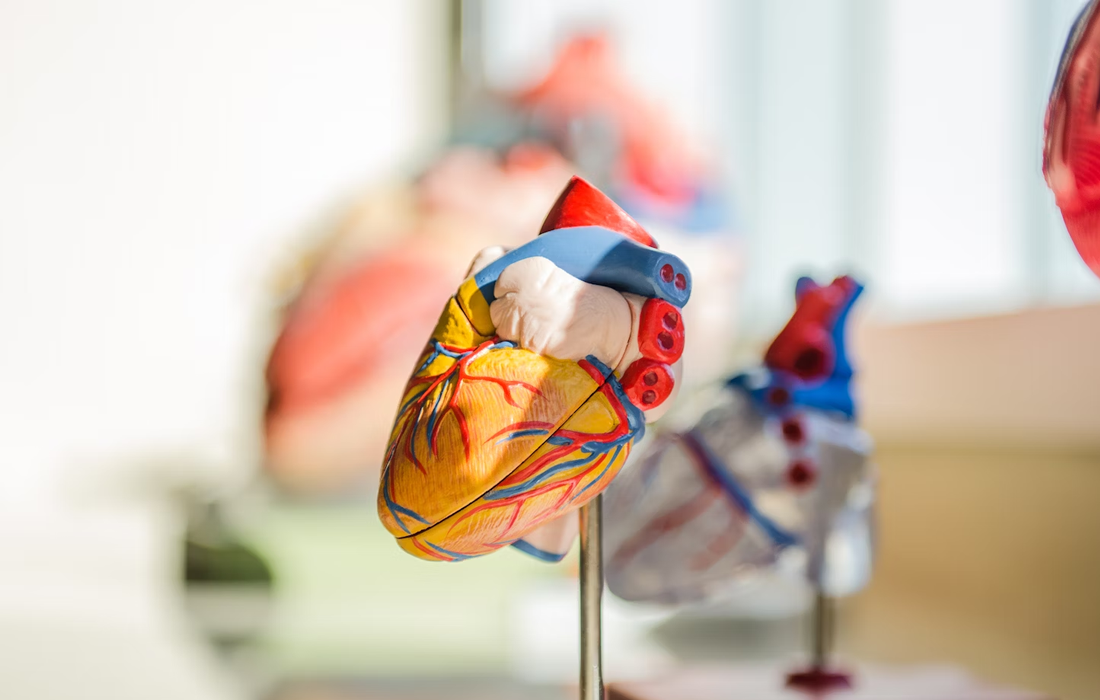To cure blood disorders, patients must undergo high dose chemotherapy and bone marrow transplantation. This requires a match between the recipient and donor immune system, but ~30% of patients do not have a match. Even when they do, the donor immune system can attack the patient, graft versus host disease. Gene therapy corrects the mutation […]
Monthly Archives: August 2023
A study discovered a new relationship between cancer cells and the immune system, and shows how cancer can selfishly hijack a normally helpful immune pathway. Usually, activation of this key immune pathway — called the STING pathway — triggers a strong inflammatory response that protects the body from foreign and unhealthy cells. But prolonged activation […]
Researchers at the University of East Anglia have developed a new way of identifying patients at risk of an irregular heartbeat, known as ‘atrial fibrillation’. While not life threatening, the condition increases people’s risk of having a transient ischaemic attack (TIA) or stroke by up to five times. A new study reveals four specific factors […]
Plastics — in particular, microplastics — are among the most pervasive pollutants on the planet, finding their way into the air, water systems and food chains around the world. While the prevalence of microplastics in the environment is well known — as are their negative impacts on marine organisms — few studies have examined the […]
People with a recent diagnosis of atrial fibrillation (AF), the most common irregular heart rhythm, have a modestly higher risk of developing dementia than people without the condition, according to new research. Atrial fibrillation, typically a very rapid heart rhythm, can spur blood clots in the heart, increasing someone’s risk for stroke and heart failure, […]
Gene therapy that induces the body to create microRNA-22 (miR-22), a naturally occurring molecule, successfully treated mice with hepatocellular carcinoma, the most common form of liver cancer. MicroRNAs are small molecules that contain ribonucleic acid (RNA), a type of genetic material. MicroRNAs are widely found in plants and animals. They are “non-coding,” meaning they do […]
Duchenne muscular dystrophy (DMD) is a muscle degeneration disorder caused by mutations affecting the dystrophin gene. On August 24th, 2023 in the journal Stem Cell Reports, researchers show how a dual CRISPR RNA method restored dystrophin protein function in induced pluripotent stem cells derived from DMD patients. The approach worked by removing large sections of […]
Urine levels of adenine, a metabolite produced in the kidney, are predictive and a causative biomarker of looming progressive kidney failure in patients with diabetes, a finding that could lead to earlier diagnosis and intervention, researchers from The University of Texas Health Science Center at San Antonio (also called UT Health San Antonio) reported Aug. […]
Diabetes is a condition in which the body produces too little or no insulin. Diabetics thus depend on an external supply of this hormone via injection or pump. Researchers led by Martin Fussenegger from the Department of Biosystems Science and Engineering at ETH Zurich in Basel want to make the lives of these people easier […]
In a new study co-led by investigators at the United States Department of Veterans Affairs and Brigham and Women’s Hospital, a founding member of the Mass General Brigham healthcare system, a global team of scientists conducted one of the largest genetic association studies on heart failure to date. Using genomic data from over 90,000 heart […]

